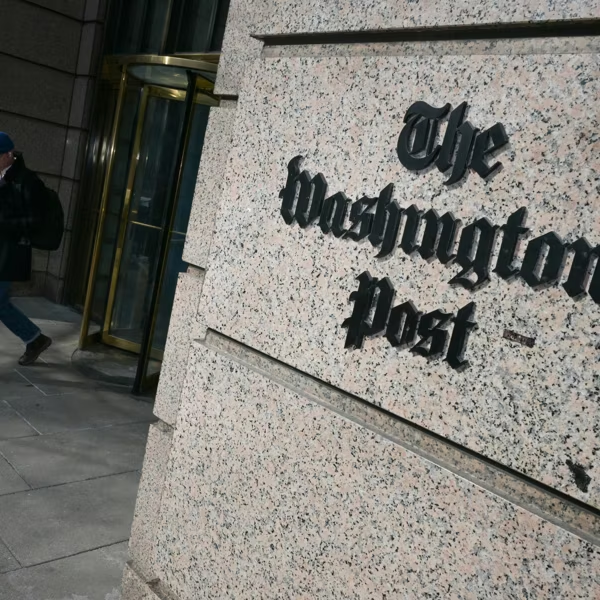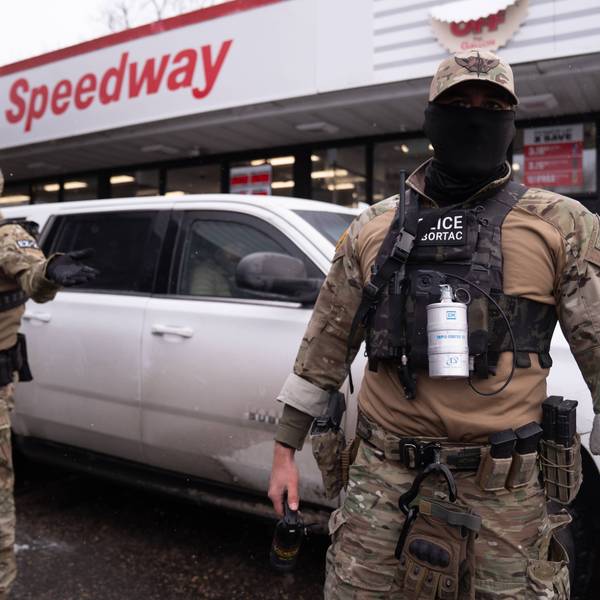The Pennsylvania State House on Tuesday passed a controversial bill that would hide the identities of police officers who use force or fire their guns while on duty, at least until an investigation is completed--a move the state ACLU chapter said would only serve to harm community relations.
According to the measure, officials would be banned from identifying officers unless an investigation brought about charges, or if releasing their names would not risk harm to the officer, their family, or their property.
Currently, Philadelphia releases the names of officers involved in shootings within three days, unless a threat is made against them or their families. House Bill 1538 (pdf) seeks to strike and replace that process.
The bill, sponsored by State Rep. Martina White (R-Philadelphia) and endorsed by the Fraternal Order of the Police (FOP) State Lodge and the State Troopers Association, passed 162-38 and now heads to the state Senate.
Lawmakers reportedly debated for more than an hour as opponents criticized the bill for what they saw as worryingly vague language and a flouting of transparency.
"The power of life and death should come with a high level of public oversight and scrutiny," said State Rep. Jordan Harris (D-Philadelphia).
At a slim three pages, the bill states that "the name and identifying information of the law enforcement officer may not be released to the public by any public official or public employee conducting or participating in the official investigation or any person acting on behalf of such public official or public employee."
But as State Rep. Brian Sims (D-Philadelphia) warned on the House floor, lawmakers "know nothing about this legislation."
"And so I urge my colleagues, please do not confuse your righteous support for the FOP with support for a feckless piece of legislation," Sims said.
The ACLU of Philadelphia also criticized the bill.
"We give our police officers a great deal of power, including the use of physical force, up to and including deadly force," said Reggie Shuford, ACLU-PA executive director. "It is crucial that transparency is coupled with that power."
"This bill diminishes transparency," Shuford added. "The implication here is that police officers who use force have something to hide."
Andy Hoover, ACLU-PA legislative director, said this type of policy "actually harms police-community relations by withholding information from the public."
"Local officials are best equipped to determine whether or not to release an officer's name in this type of situation," Hoover said. "They can assess the circumstances in their communities and reach a conclusion. This is not the type of decision that should be made in the state capitol."



